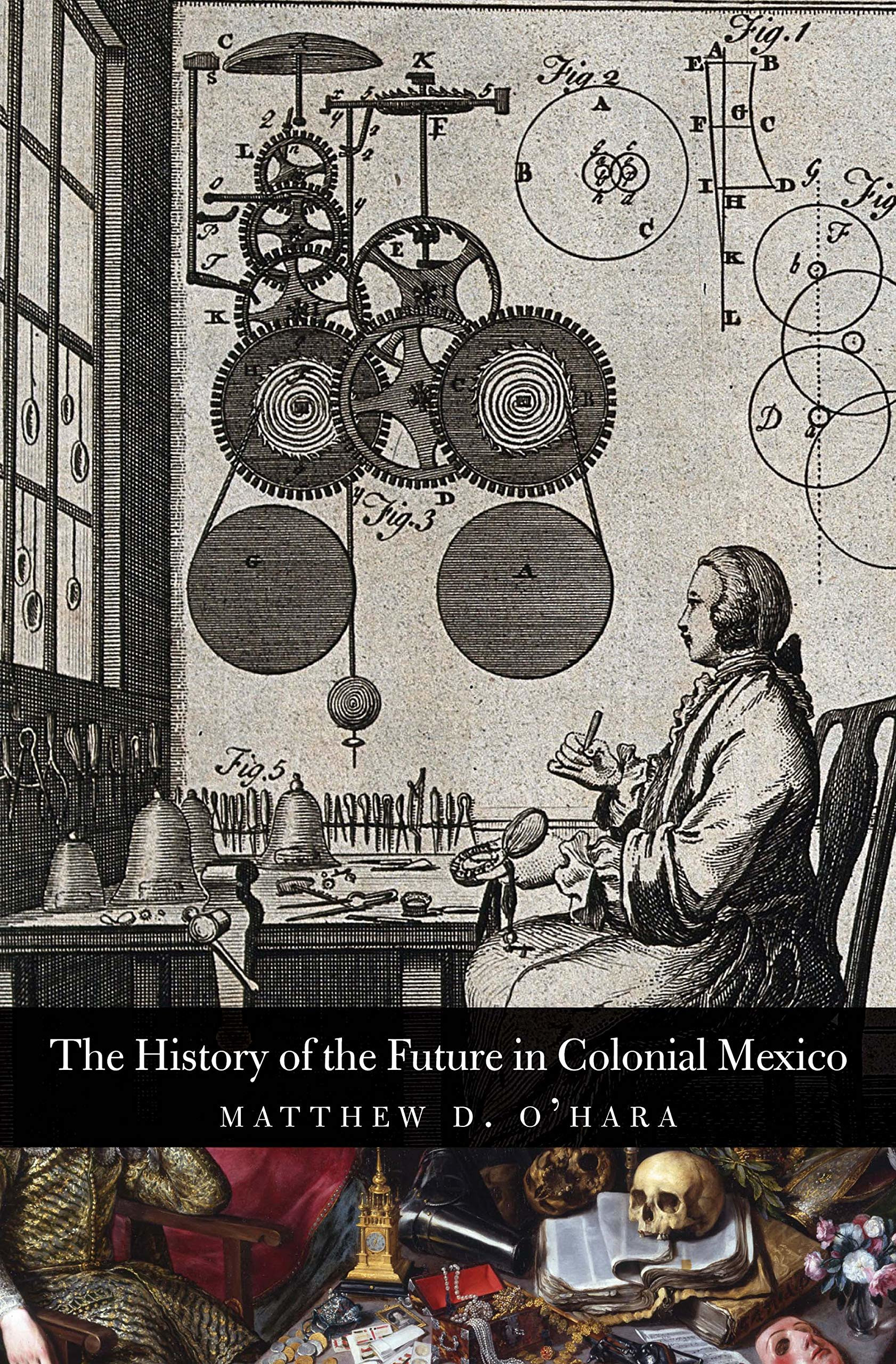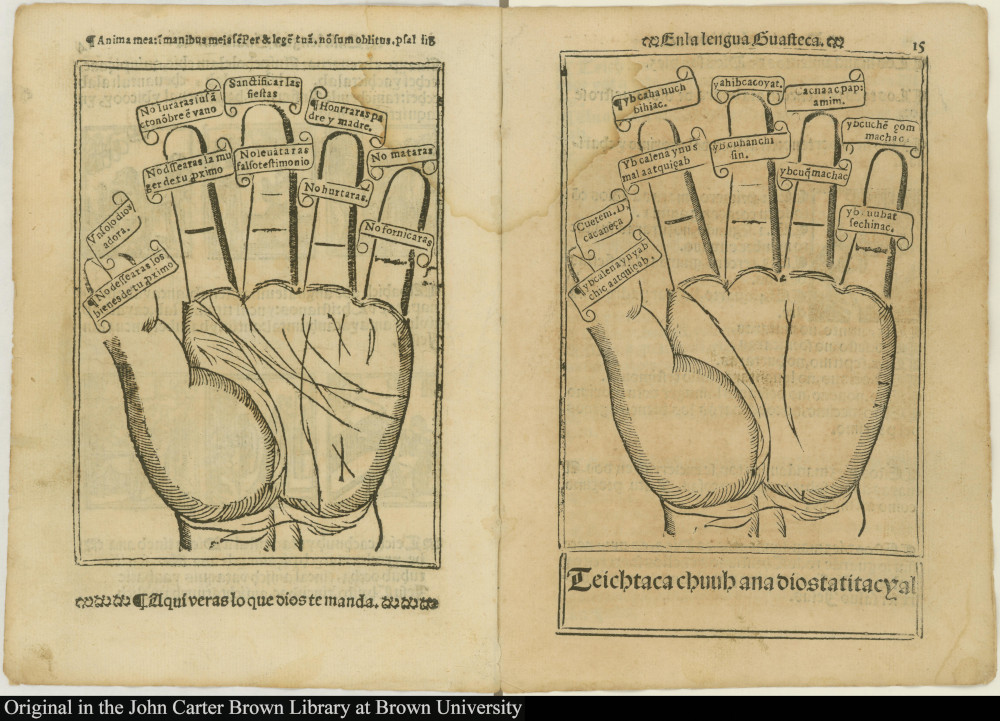Back to the future

Historians typically write about how the past has shaped the present. Professor Matt O’Hara contends it’s valuable to also consider how the past shaped the future. In his latest book, The History of the Future in Colonial Mexico (Yale University Press, 2018), O’Hara explores the world of colonial Mexico by asking questions about how people’s perceptions of the future prompted their actions.
“Sometimes we forget that the people we study, most of the time, were thinking about tomorrow or three weeks from then, or slightly more long-term,” O’Hara said. “How am I going to get through the year, or leave something to my kids?” O’Hara’s analysis of a broad range of archival materials, from legal documents to Inquisition records, shows how people living in 18th- and 19th-century Mexico—regardless of their education or social status—understood complex legal and theological issues. In addition to governing people’s daily activities with regards to finances, health, and the natural world, these dogmas also fashioned the future.

It’s become clear to O’Hara that critical thinking about what’s to come is essential to better understand both the past and present. “This last year proved the importance of thinking about the future,” he said, “because we all saw our futures change radically.”
*— *

